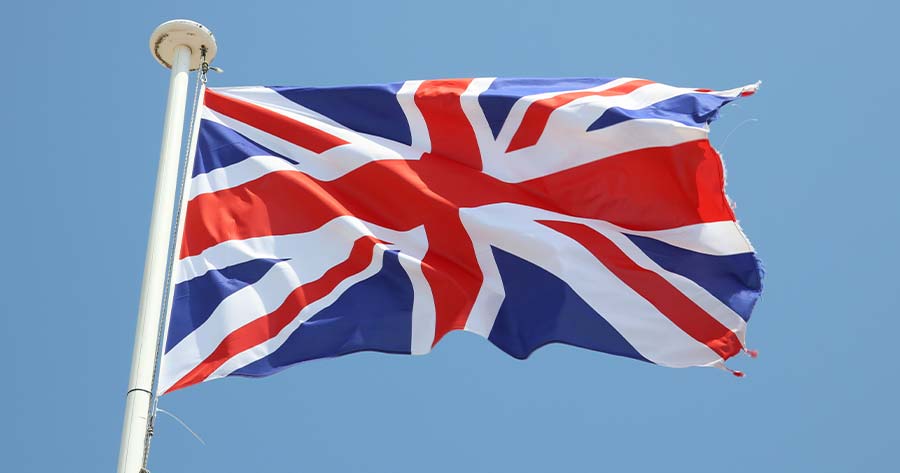The Office for National Statistics reported on Wednesday that U.K. inflation climbed to 2.6% in November, marking the second consecutive monthly increase. This outcome aligned with economists’ expectations from a Reuters poll and rose from 2.3% in October.
Core inflation, which excludes volatile components such as energy, food, alcohol, and tobacco, was slightly below the anticipated 3.6%, recording at 3.5%. The headline inflation figure, which had previously hit a three-and-a-half-year low of 1.7% in September, was anticipated to rise, influenced in part by the regulator’s decision to increase the energy price cap this winter.
Inflation in the services sector, a critical element of the U.K.’s economic landscape, remained steady at 5%. As a result, money markets have priced in a negligible likelihood of an interest rate reduction during the Bank of England’s final meeting of the year on Thursday.
This sentiment was further solidified earlier in the week when the ONS revealed that regular wage growth surged to 5.2% from the August to October period, up from 4.9% between July and September, pointing to sustained inflationary pressures.
If the Bank of England (BOE) maintains its current monetary policy stance at the meeting this Thursday, it will conclude 2024 with only two reductions to its benchmark interest rate, lowering it from 5.25% to 4.75%.
In contrast, the European Central Bank (ECB) has taken a more aggressive approach, implementing four quarter-percentage-point cuts and indicating strong plans to pursue further rate reductions in the upcoming year. This divergence in monetary policy underscores differing economic priorities and conditions between the U.K. and the Eurozone.
The U.K. economy unexpectedly contracted by 0.1% in October, reflecting two-consecutive monthly contraction.





